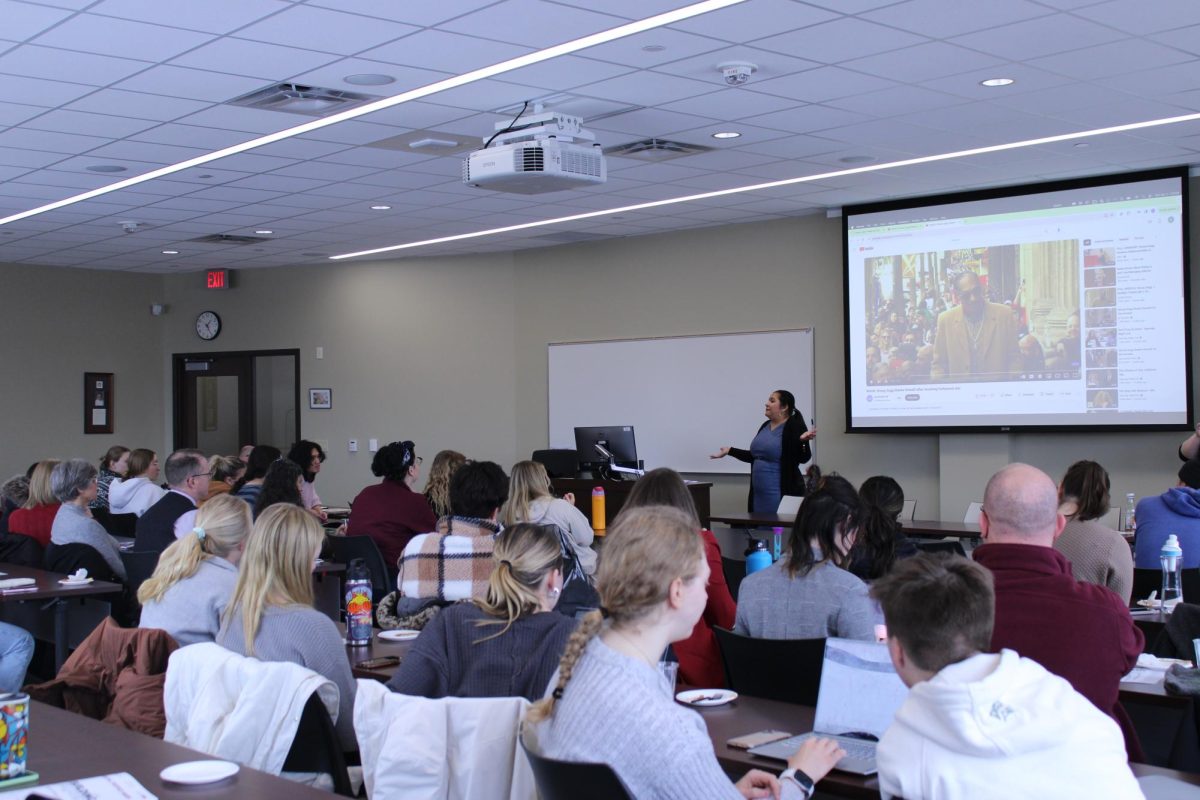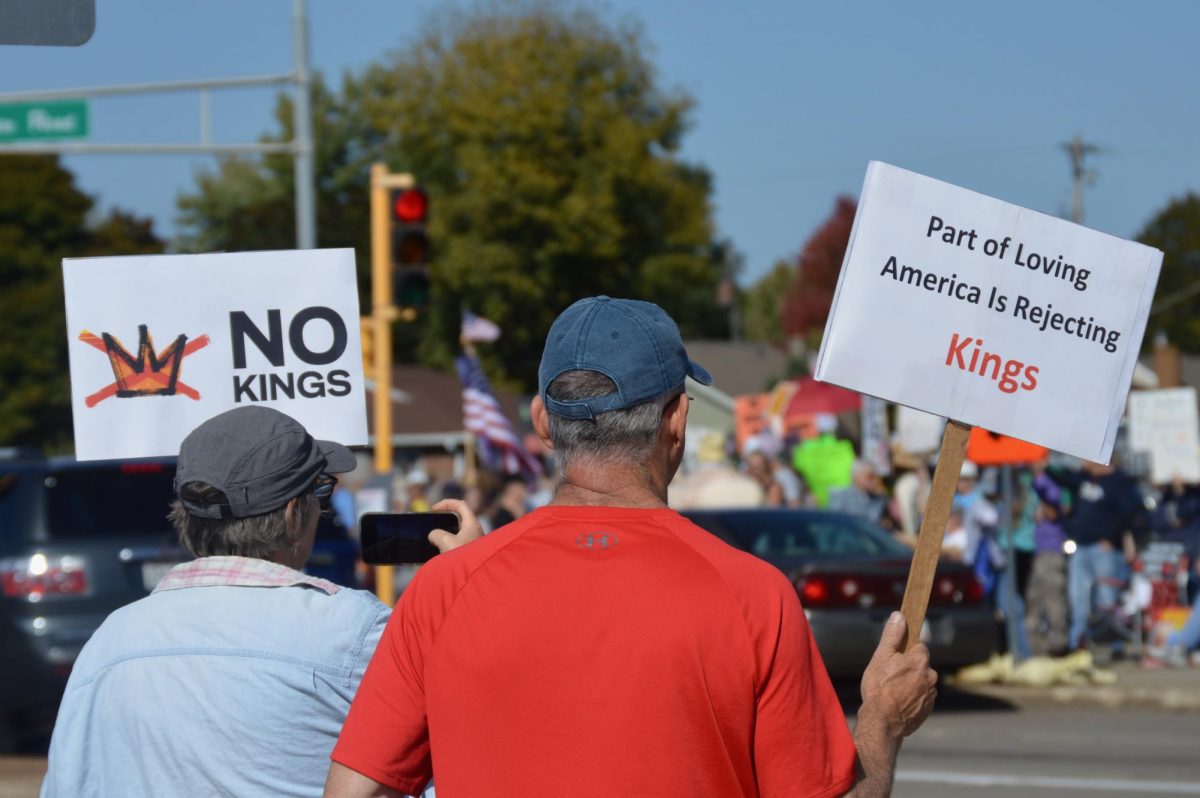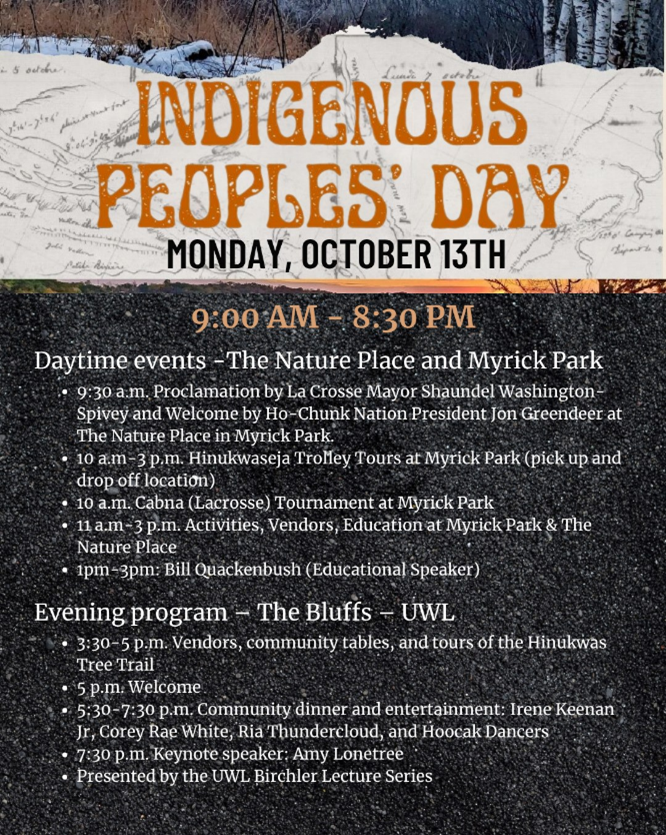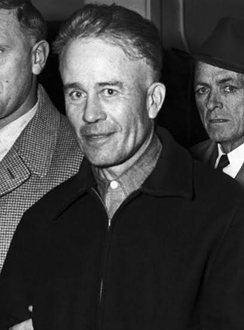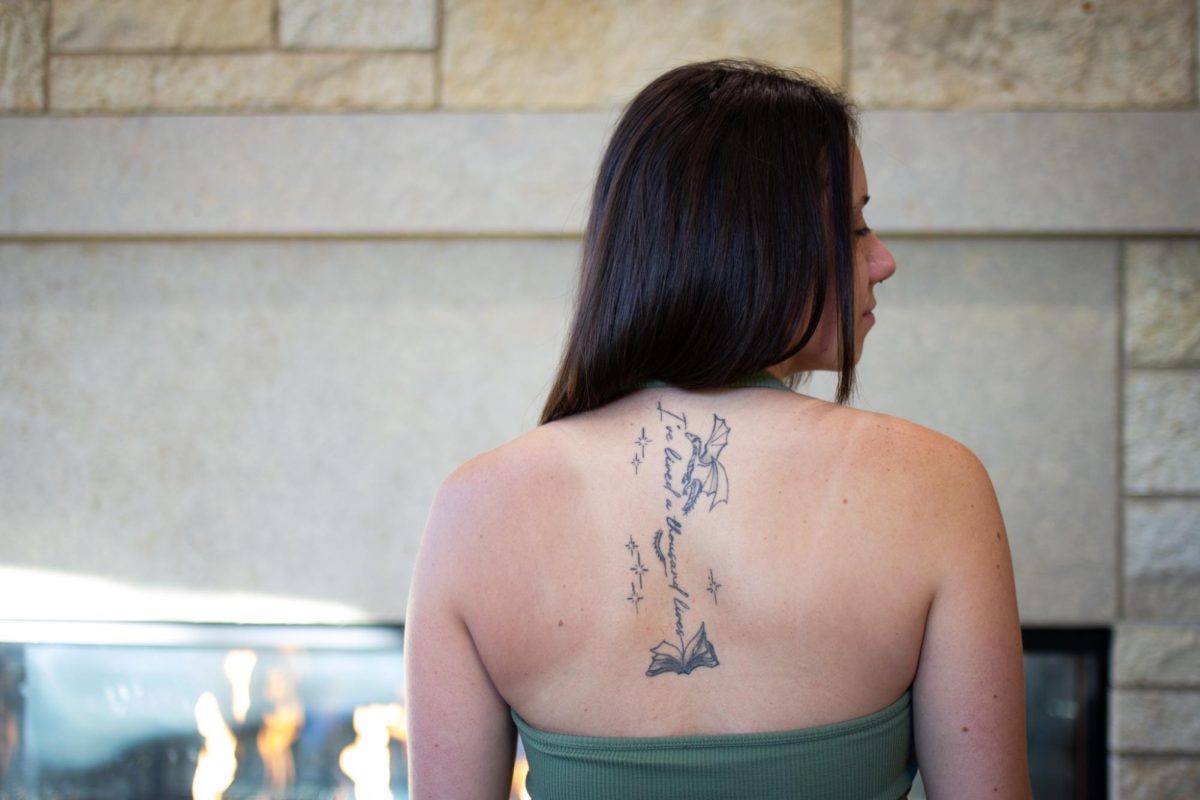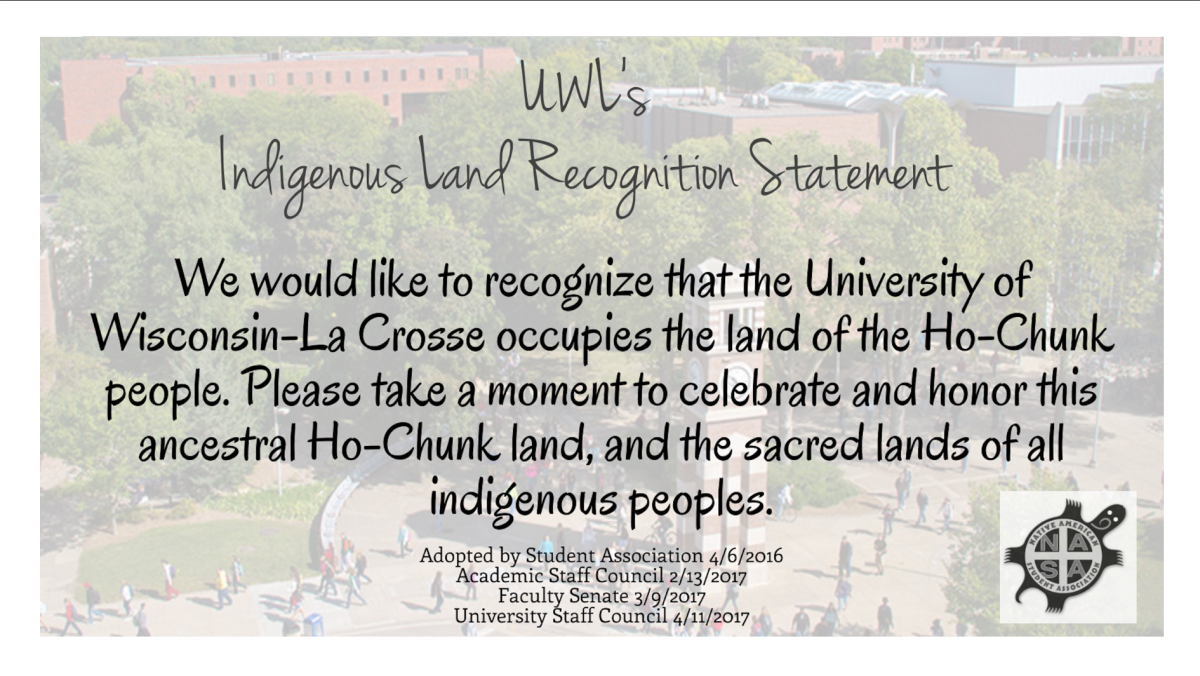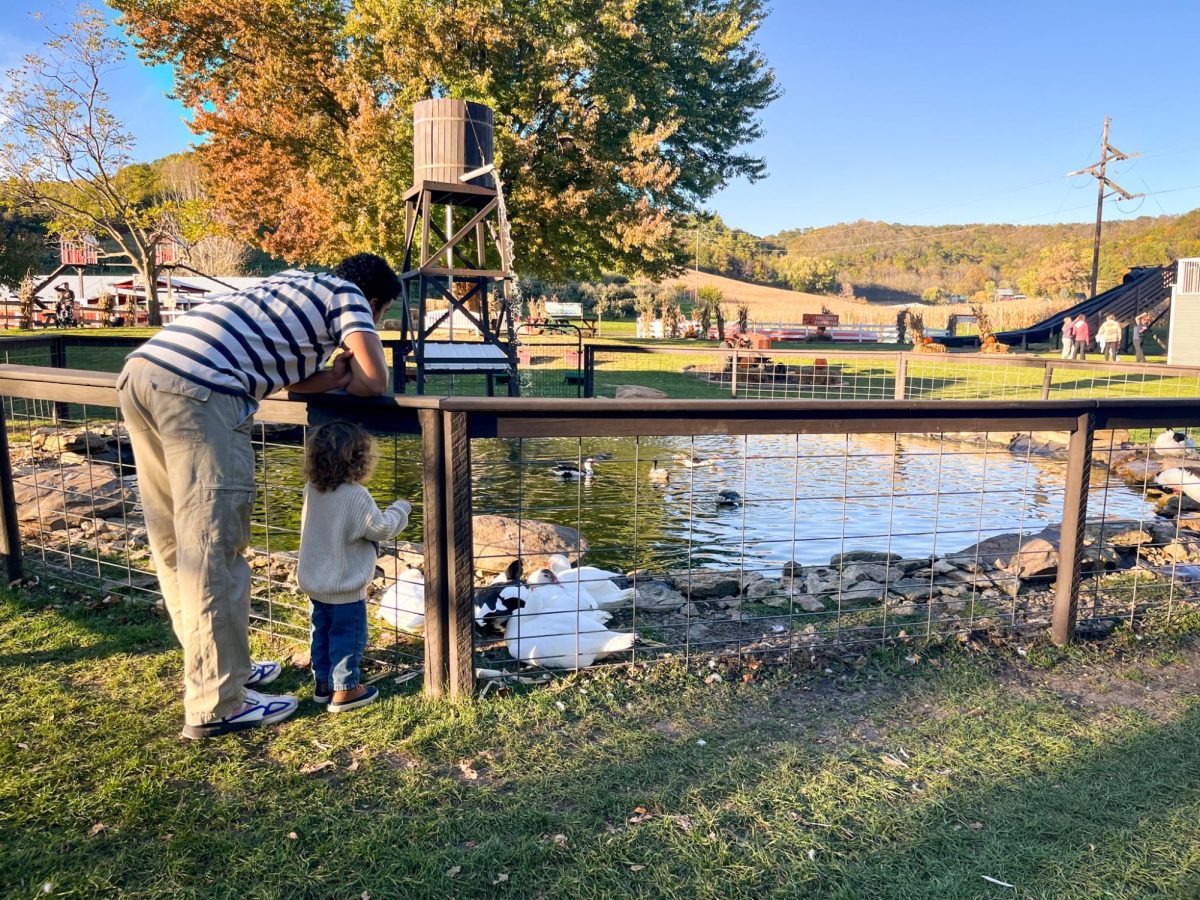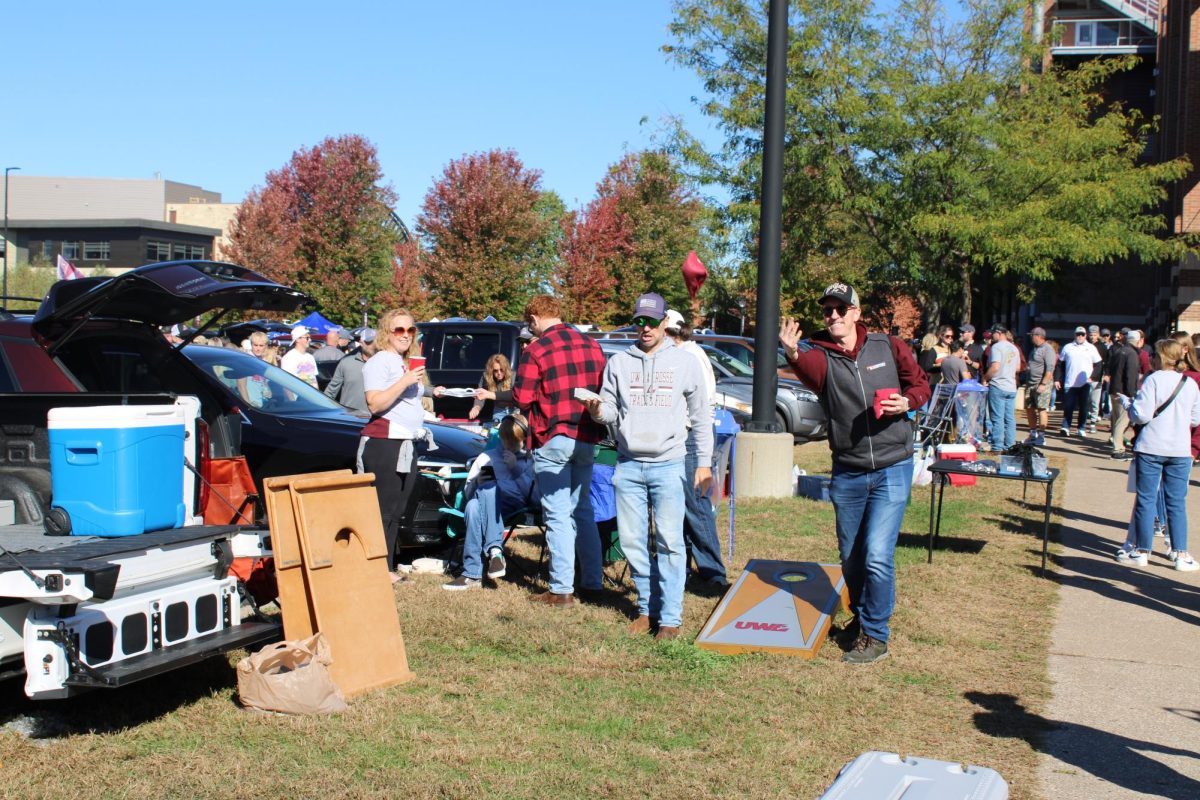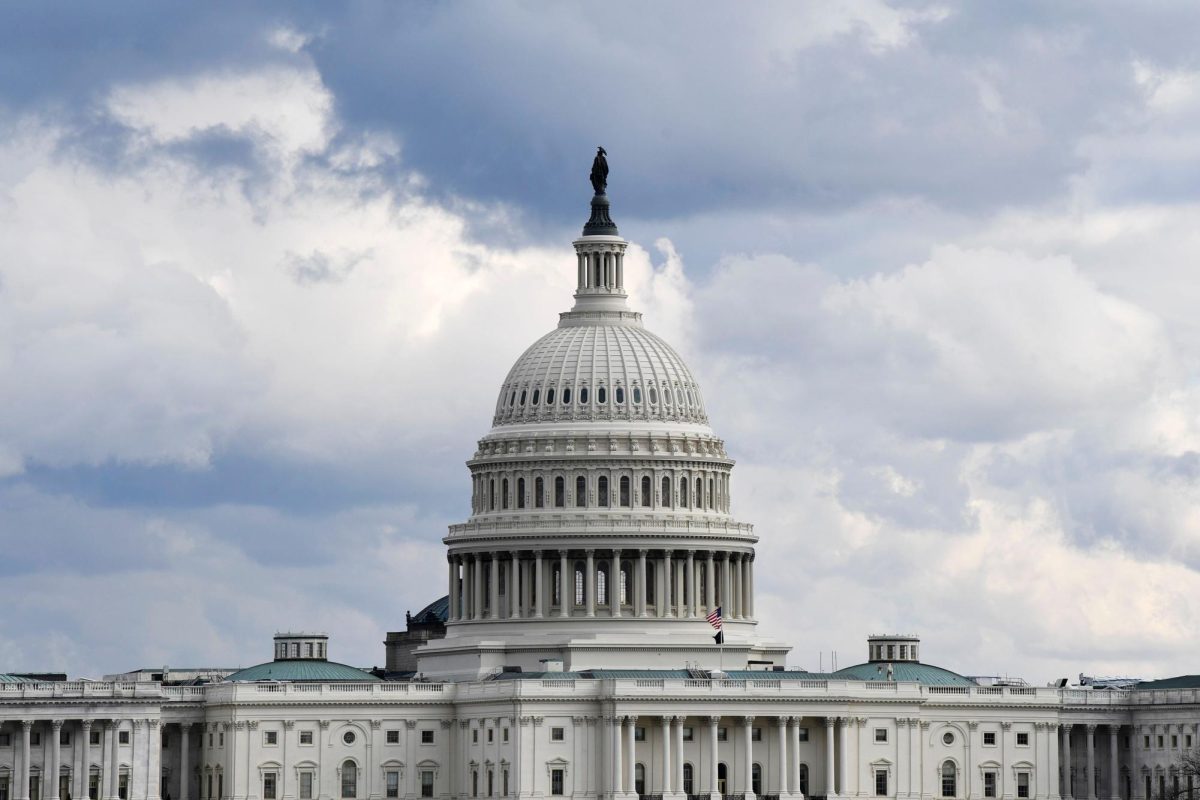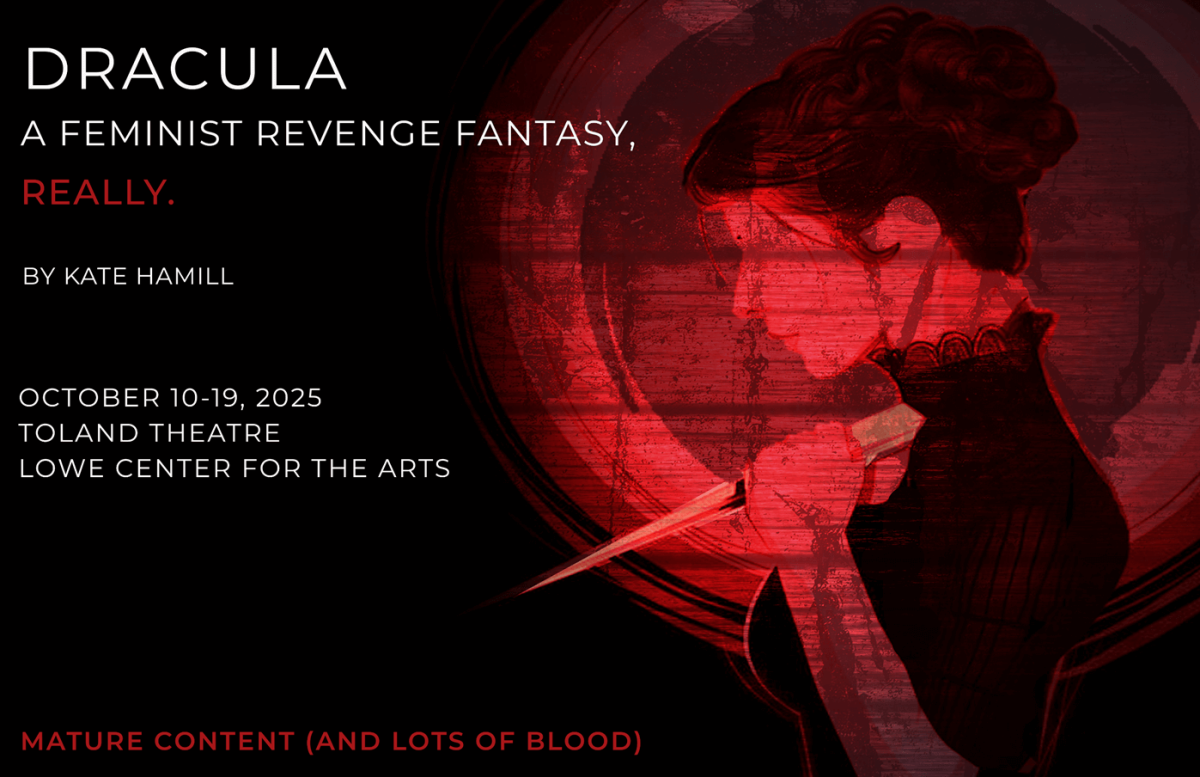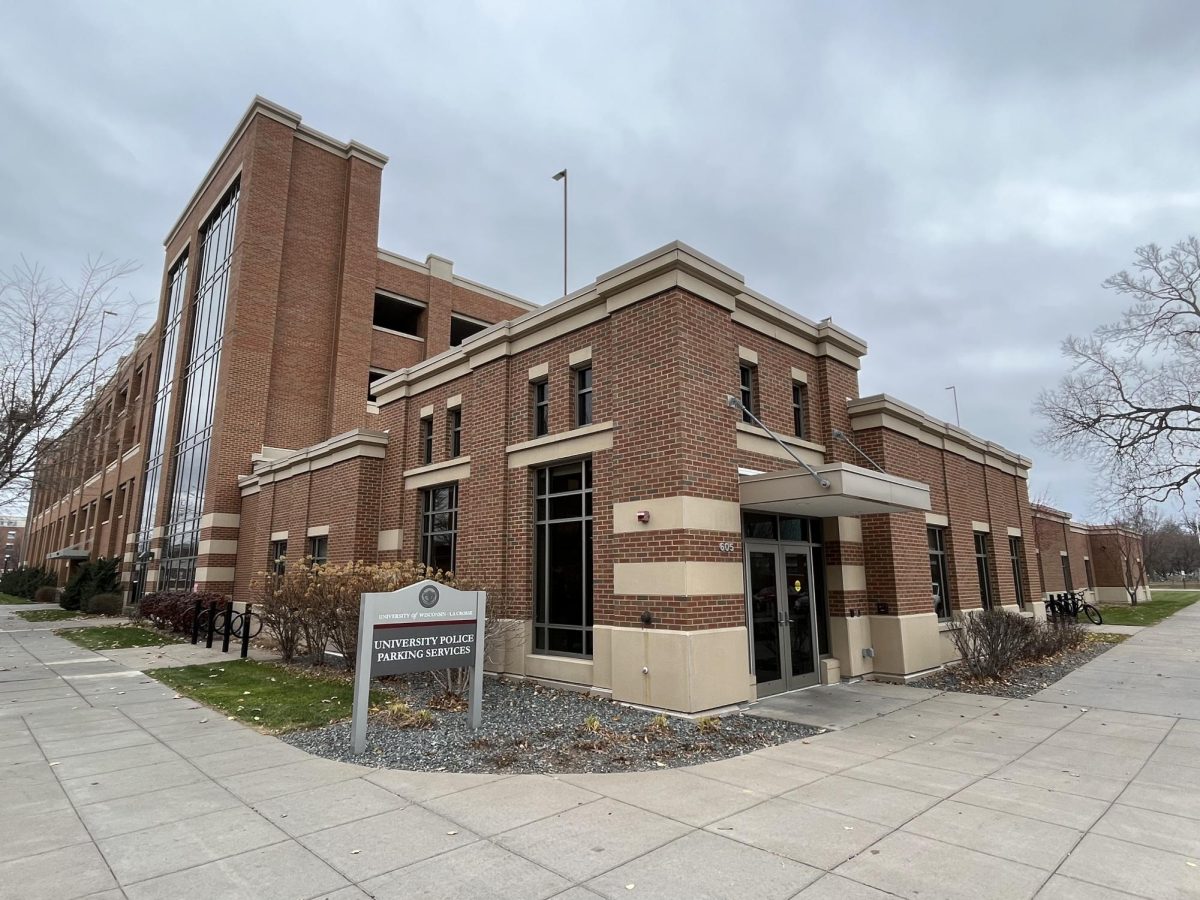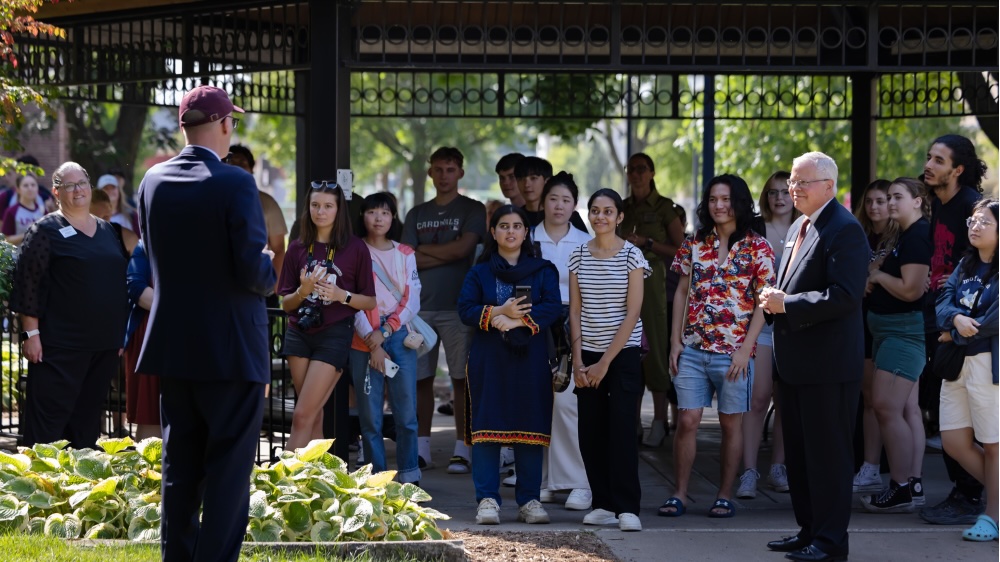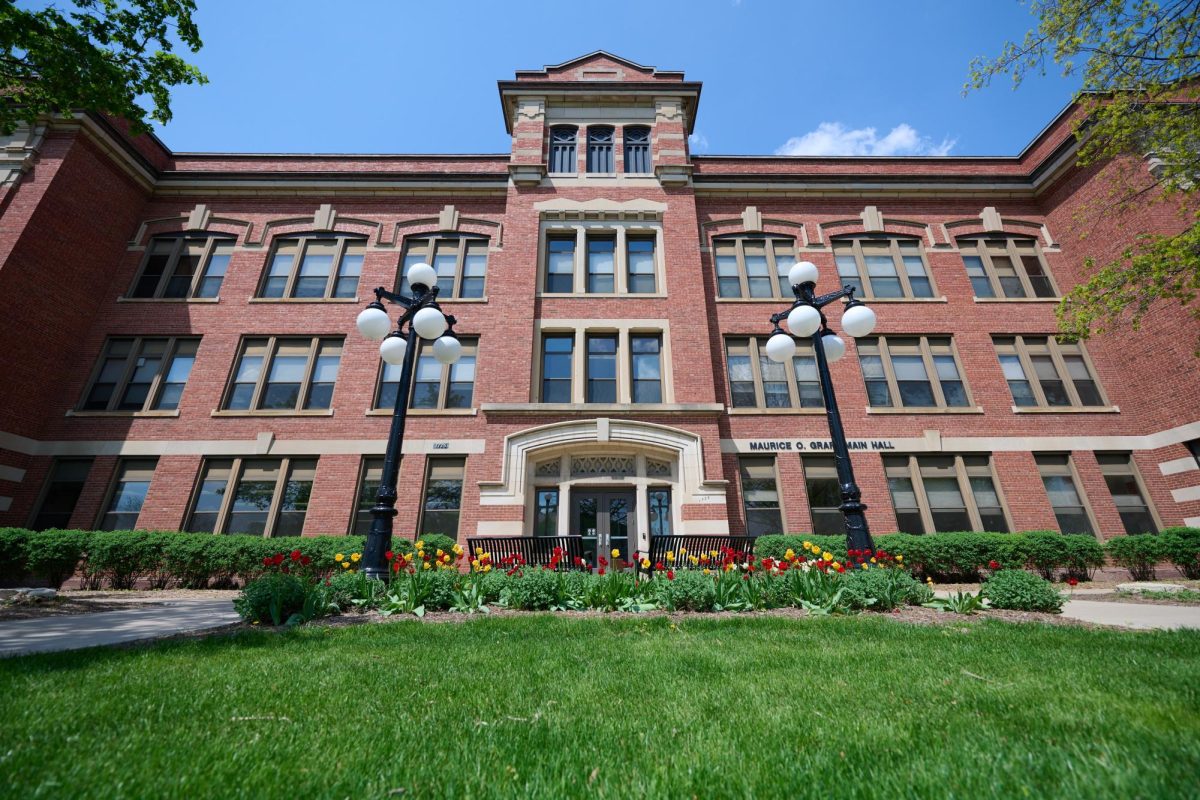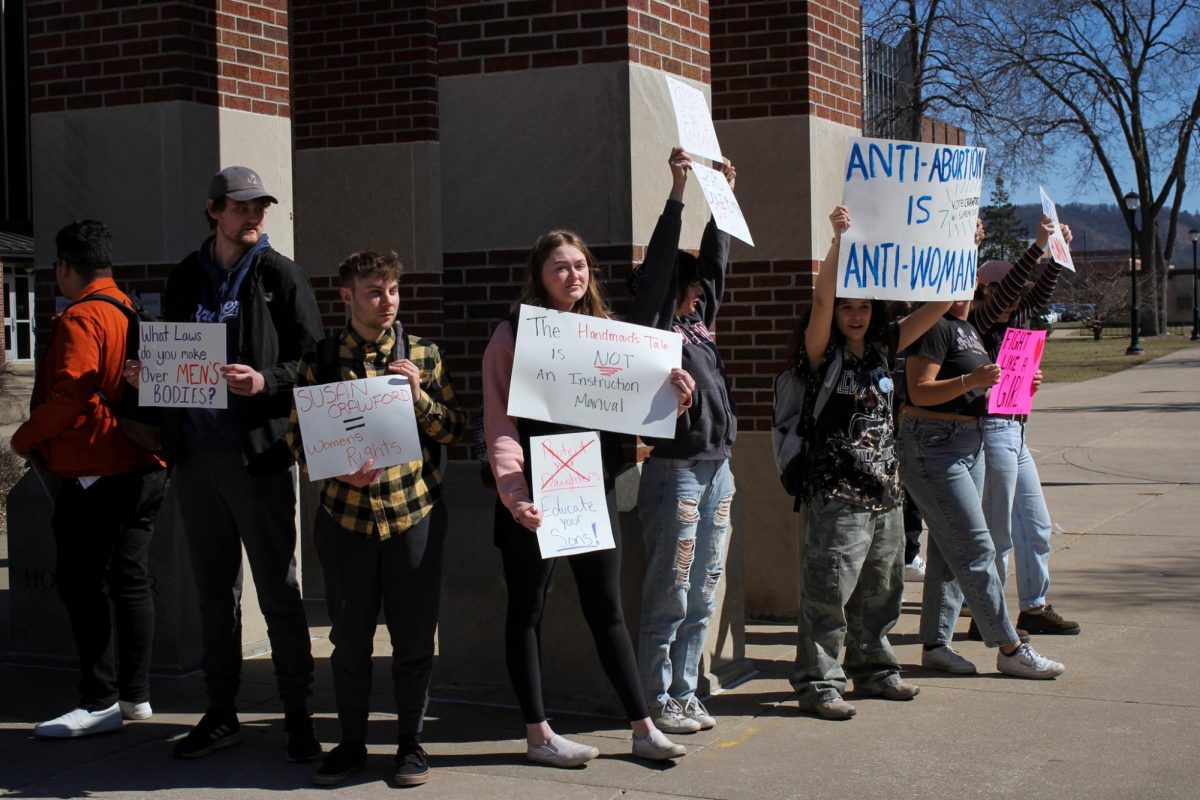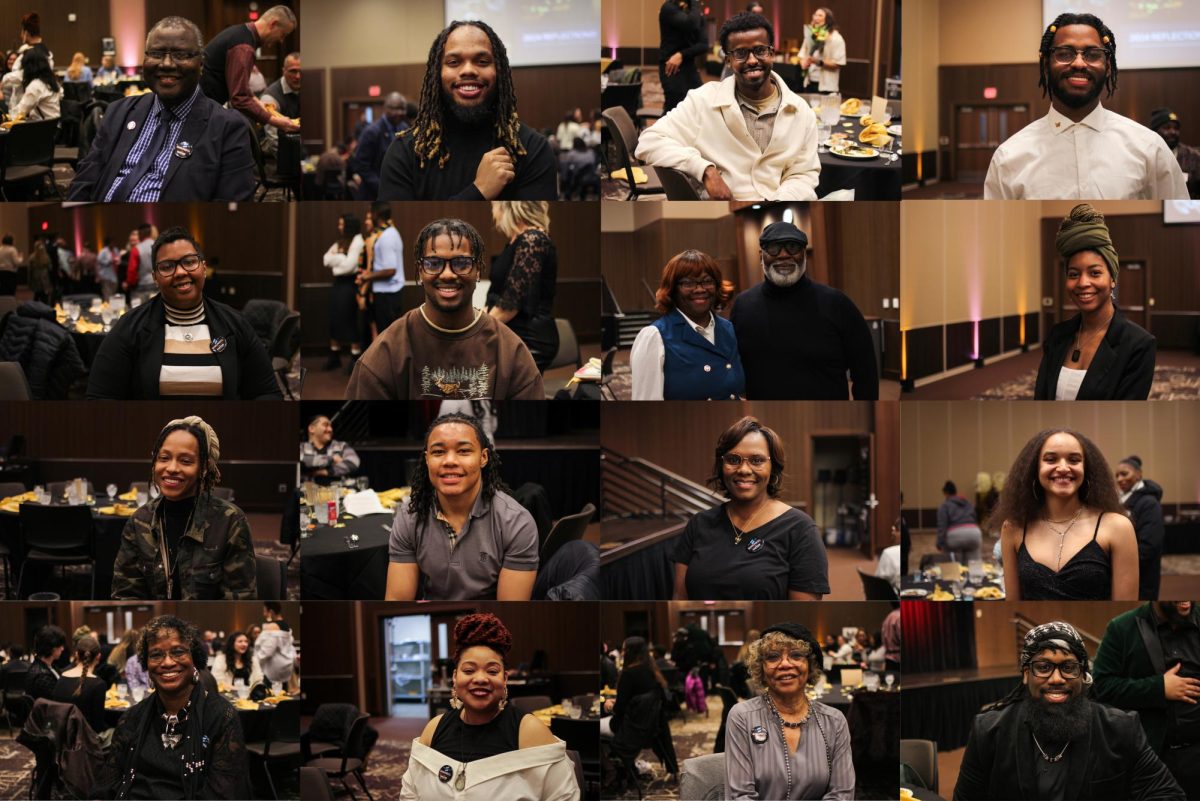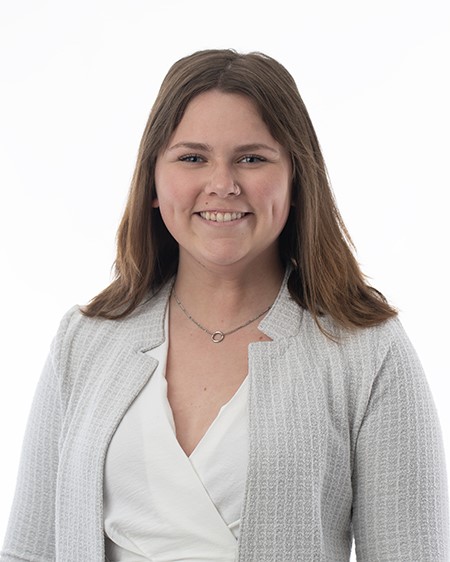The University of Wisconsin-La Crosse Office of Diversity and Inclusion hosted its eighth annual ‘Social Justice Week’ from April 2-4, featuring three days of speakers and panels covering a wide variety of topics. This year’s theme was “Building belonging: Identities shaping communities.”
According to UWL DEI, “Social Justice Week’s goal is to help inspire conversation with research to reinvigorate our lives with realistic and achievable goals to make a change in our communities. This year we want to highlight how identities and intersections of identities impact our communities. The University of Wisconsin La Crosse and the people of the La Crosse area hold many identities within it that shape our experiences in the community. We each navigate space differently and desire a community where everyone feels a sense of belonging.”
The Racquet Press attended the keynote lunch and learn speech on Wednesday, April 3, 2024, delivered by Dr. Dina Zavala (she/her). Zavala is the former interim vice chancellor for diversity and inclusion (DEI) at UWL and current vice president for inclusion, equity and community at Carleton College in Northfield, MN.
Zavala gave her presentation on ‘Building Belonging for marginalized identities at a PWI’. A ‘PWI’ is a predominantly white institution which means over half the students, staff and faculty at an institution are white. Black, Indigenous and other people of color (BIPOC) students have spoken with The Racquet Press about their experiences as BIPOC students at UWL, a PWI. You can read more about students’ experiences in our Black Student Unity Article and our Native American Student Association Article.
Zavala centered her presentation on a quote from Brené Brown, which stated, “Belonging is being part of something bigger than yourself. But it’s also the courage to stand alone, and to belong to yourself above all else.”
She spoke of the importance of DEI in higher education, trends in BIPOC students in higher education, and the sense of belonging for BIPOC students on college campuses. She acknowledged the proposed and current DEI cuts all across the country, including a $32 million UW Budget Cut.
Zavala guided her presentation about DEI around her colleague at Carleton College, Nathan Grawe’s research on ‘Demographics and the Demand for Higher Education’ concerning the “looming demographic storm” that he claimed will be happening in upcoming years. Grawe says, “In 2026, when the front edge of this birth dearth reaches college campuses, the number of college-aged students will drop almost 15 percent in just 5 years.” According to Grawe, this decline is due to fertility, migration and immigration throughout the country.
This drop in college-aged students will have serious implications for institutions of higher education. Zavala said, “In 2030, 17% of staff and faculty will lose their jobs due to the population decrease.”
Zavala spoke about a study conducted at Carleton College regarding students’ sense of belonging. The study focused on where students feel a sense of community, curiosity and impact. The study found that BIPOC students found a sense of community in DEI spaces.
One student in the audience said, “I put a love sign on 14 which is Centennial and the Student Union because Centennial is where most of the multicultural offices are and that’s where I hang out the most and I get to talk to most of my friends that work there,” during an activity led by Zavala. The activity involved the audience indicating where they believe UWL students feel a sense of community by using a heart, a sense of curiosity by using a lightbulb and a sense of impact by using a sad face on a campus map. The student continued, “I put the frowny face at the REC because it’s not a very welcoming space for someone like me who is a part of the LGBTQ+ community. There are instances of discrimination there. It’s just not a very good space for us in general.”
The Recreational Eagle Center (REC) has been committed to making the REC a more inclusive space for all students. Following the Removal of Women’s (and Non-Binary) Night, which caused some students to be upset, the REC implemented a program called Strength Redefined this past year. The sense of belonging for marginalized students in the REC continues to be an ongoing issue for both students and the REC.
In addition to Zavala, other keynote speakers for this year’s Social Justice Week included Dr. Jonathan Locust and Nicole Collins. Locust, the former associate vice president of Equity & Inclusive Excellence at Winona State University and current CEO and founder of Locust Group consulting firm delivered his keynote lunch and learn on Quantum Strategies for Building Community and Belonging: Empowering Collective Consciousness. Collins, a research associate for the Pluralism Project at Harvard University, presented her keynote lunch and learn on LGBTQ+ and Religion: Finding a Way Forward in Difficult Times.
While Zavala, Locust and Collins served as keynote speakers, multiple other speakers and panels composed of students, staff, faculty and community members regarding topics of social justice, diversity and inclusion.
While this week was dedicated to Social Justice, UWL DEI’s Vision is “We aspire to create a learning environment in which we prioritize critical thinking, analytical dialogue and meaningful educational interactions for the collective campus, local, regional and state-wide communities.” DEI work is not confined to a single week but is a continual effort throughout our lives.

